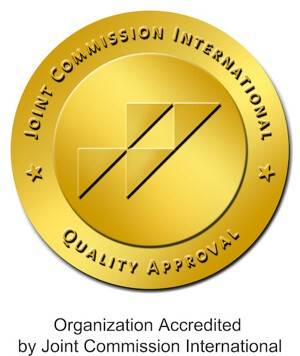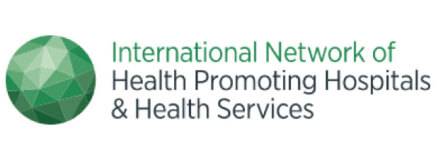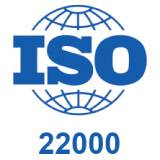During pregnancy, the pregnant woman's body undergoes different changes. They will also encounter different eating worries. In general, pregnant women worry more that the growth and development of the fetus will be affected if they don’t have a balanced diet. The following are some of the questions most frequently asked by mothers-to-be.
1. During early pregnancy, nausea and vomiting are frequent. Some pregnant women are unable to eat without feeling sick. Are there any solutions?
During early pregnancy, some pregnant women vomit several times a day, especially in the morning (i.e. morning sickness). This greatly reduces their appetite and food intake. To alleviate morning sickness, you can prepare some crackers or toasts and place them near the bed before going to sleep. It is better that you get up slowly after eating these snacks in the morning. It is also recommended to avoid spicy and greasy foods in your daily meal, eat frequent small meals, choose light and easily digestible foods and chew slowly.
2. During pregnancy, does the mother-to-be have to eat two servings?
In mid to late pregnancy, morning sickness is less common. Pregnant women are both more physically and mentally stable. Some pregnant women have increased appetite. Overeating will cause excessive weight gain and increase the risk of gestational diabetes. In fact, pregnant women do not have to intake “two servings". From the fourth month of pregnancy, the extra daily energy need is only about 300 calories more than that before pregnancy. Some snacks or refreshments at tea time will be sufficient, e.g. egg sandwich on whole wheat bread with a glass of soy milk or a bowl of oatmeal with skimmed milk plus approximately 10 almonds.
3. It is said that the pregnant women are more prone to anemia. Are iron supplements necessary?
In order to avoid anemia, pregnant women are recommended to eat more iron-rich foods, such as meat, beans, and dark green leafy vegetables, iron fortified cereals and dried fruit. Also, the intake of some foods rich in vitamin C, such as orange, kiwi, grapefruit and so on after a meal can strengthen the immune system and also help iron absorption.
4. What foods should I avoid in pregnancy, such as prawns, crabs, seafood, beef and other foods, to prevent infant eczema?
According to the latest publication of the Hong Kong Institute of Allergy, “Guidelines for Allergy Prevention in Hong Kong”, in September 2015 (Note 1), avoiding milk, beef, peanuts, seafood or other potential food allergens in pregnancy can unlikely help prevent rash, eczema or other allergic diseases in infants. The Guidelines also points out that eating fruits, vegetables, fish and foods rich in omega-3 fatty acids during pregnancy can help reduce the development of allergies in children in the future. On the contrary, avoiding too many kinds of foods or being a picky eater during pregnancy will affect the weight gain of the woman, leading to malnutrition.
5. Are vegetarian mothers getting enough nutrition?
Vegetarian mother-to-be may worry that a vegetarian diet cannot provide adequate nutrition for the fetus. In fact, a vegetarian mother can still get all the nutrients if she follows the guidelines. In addition to consuming different types and colors of fruits and vegetables, vegetarian women are recommended to intake whole grain cereals such as ten grains rice, oatmeal, whole wheat bread, etc. Furthermore, they should intake protein rich beans and legumes, such as soybeans, kidney beans, tofu, fresh tofu skin and nuts. While for vitamin B12, as it is mainly found in animal foods, vegan (do not consume milk or eggs) mother-to-be can intake foods with vitamin B12 added, such as yeast powder and breakfast cereals and take vitamin B12 supplements as instructed by the doctor.
Source: Registered Dietitian at Hong Kong Adventist Hospital
Note (1)
Chan, A. W., Chan, J. K., Lee, T., Leung, T., & Tam, A. Y. (2015, September). Guidelines for Allergy Prevention in Hong Kong. Retrieved March 28, 2016, from http://www.allergy.org.hk/approved_guidelines.html











